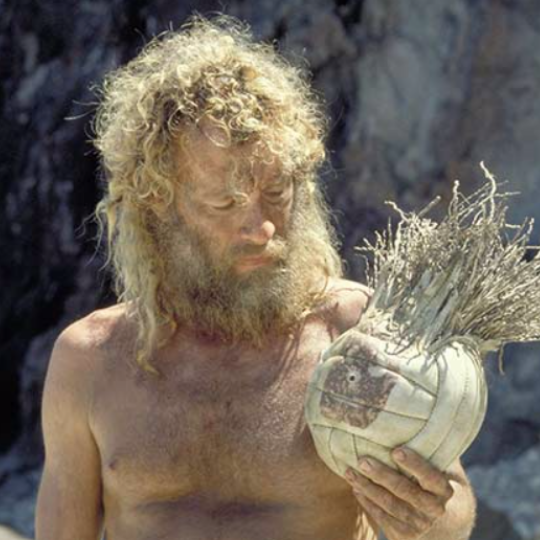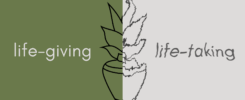Many of us are struggling with feelings of isolation and loneliness right now. To some of us, this isn’t a new feeling, it’s a recurring theme. Whether it’s new to you or not, you know that you can’t thrive in this place. Humans need connection and belonging.

When we can’t find it, we’ll create a counterfeit version of it. Remember Tom Hanks’ character in the movie Castaway, who made an imaginary friend out of a volleyball? He even grieved when his fake friend floated away!
We crave connection because we actually need it.
Research has shown that our health is adversely affected by isolation and directly benefited by human attachment.
“Social isolation has been recognized as a major risk factor for morbidity and mortality in humans for more than a quarter of a century. Human attachments promote homeostasis, health, and well-being throughout life: Social attachments enhance health and happiness while social isolation increases stress, impaired health, and death.”
Cacioppo, J.T. et al. (2015) The neuroendocrinology of social isolation. Annu. Rev. Psychol. 66, 733–767 https://www.ncbi.nlm.nih.gov/pmc/articles/PMC3874845/
At Pathways2Life, our mission is to cultivate meaningful connections to build stronger communities. We’ve experienced the pain of isolation and grown through the benefits of healthy, life-giving relationships. Through our work, we regularly see people coming alive through meaningful connections with others who truly care about them.
When we are isolated, some of the worst things grow and multiply in our lives. We seek out things to fulfill us, but often find they fail to quench the ultimate desire we have.
When connection is lost, we will try almost anything to fix it.
Addiction is born out of this kind of isolation and our faulty attempts to cure it. A very popular TedTalk by Johann Hari, highlights some of the ways we’ve misunderstood the connection between isolation and addiction.
In this video, Hari tells about Bruce Alexander, a Psychology Professor in Vancouver. Professor Alexander created something called,“Rat Park,” to determine whether the previous science about addiction was truly accurate. You see, earlier experiments that tried to understand chemical addiction used rats in a cage with two water bottles. A singular rat was placed in a cage with one water bottle of plain water and another that was laced with cocaine. In every case, once the rats drank the cocaine water, they preferred it and would drink it until they died of overdose. Professor Alexander wondered what would happen if you placed the rat in a larger, communal cage with many other rats, gave them plenty to do, and still offered the same 2 water bottles. What he found changed everything we thought we knew about addiction and connection.
Professor Alexander’s experiment found, instead of almost 100% of rats consuming the drugged water until they died, in “Rat Park,” the rats don’t like the drugged water and almost never use it. The ones that do try it, don’t use it compulsively, and none of them ever overdose. The results went from almost 100% overdose, when the rats were isolated, to 0% overdose when the rats were happily connected with others.
What if addiction isn’t simply about the chemicals we take in, but rather the isolation that starves us of connection?
Human beings have a natural and innate need to bond. When we don’t have it, in a healthy way, with other human beings, we will bond in other ways, with other things, to try and fill that need. This could look like bonding with drugs, gambling, food, pornography, shopping, gaming, etc.
Whatever we bond with will produce habits and behaviors that give us a short-term sense of satisfaction that wears off quickly and requires another “hit.” This can lead to a routine of “chasing a feeling” that won’t ever fully satisfy our desire for true, meaningful connection. We will find ourselves saddened and depressed by the artificial bonding unless or until we can find deep connection with others that draws us away from the “fix.”
Are you struggling with isolation and addiction?
Can you make a list of 5 people in your life right now that you could reach out to? Would you dare to find the courage to invite them into your isolation?
Can we help you? We’d love to connect with you to get you the support you need.

